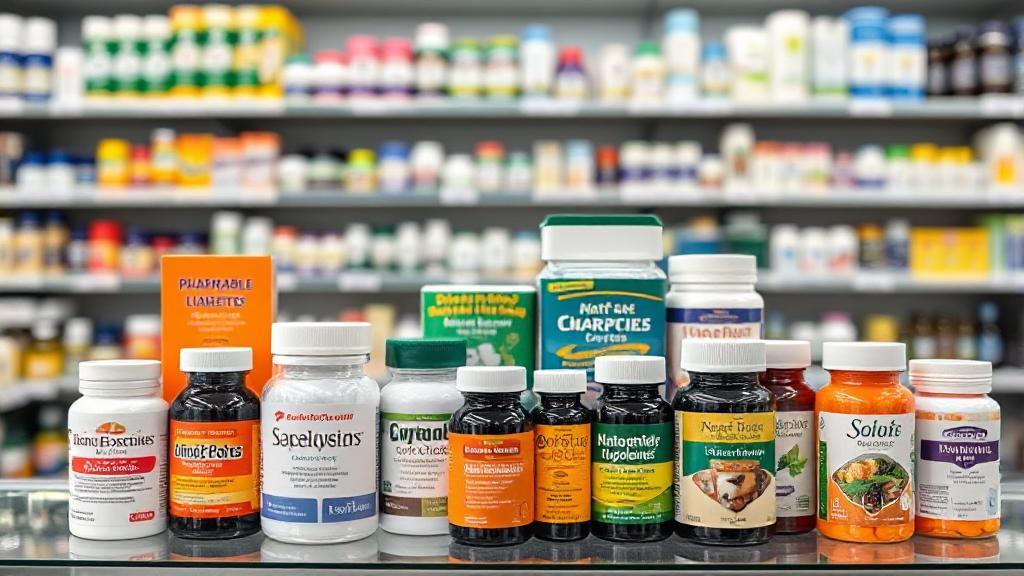Understanding Diabetes and Its Management
Diabetes is a chronic condition that affects millions of people worldwide. Managing diabetes effectively requires a combination of lifestyle changes, dietary adjustments, and often, medication. While Tradjenta (linagliptin) is a popular DPP-4 inhibitor used to help control blood sugar levels in adults with type 2 diabetes, its cost can be prohibitive, with average retail prices ranging from $500 to over $600 for a 30-day supply.
Generic DPP-4 Inhibitors
The recent availability of generic versions of certain DPP-4 inhibitors has created more affordable options. Januvia's generic version (sitagliptin) became available in 2023. Other options include:
- Sitagliptin (Januvia)
- Saxagliptin (Onglyza)
Affordable Medication Alternatives
1. Metformin
Metformin is often the first-line medication prescribed for type 2 diabetes, known for its effectiveness and affordability. It works by decreasing glucose production in the liver and improving insulin sensitivity.
- Pros: Cost-effective (often under $10 per month), widely available, long history of use
- Cons: May cause gastrointestinal side effects in some patients
For more information on Metformin, visit the American Diabetes Association.
2. Sulfonylureas
Second-generation sulfonylureas offer considerable cost savings:
- Glipizide: Stimulates insulin release, available in generic form
- Glimepiride: Similar to Glipizide, cost-effective and easy to use
- Glyburide: Another affordable option
These medications typically cost between $4-15 per month at major pharmacies. Learn more about Glimepiride and other options.
Cost-Saving Strategies
Patient Assistance Programs
Many pharmaceutical companies offer programs to help patients access medications at reduced costs. Visit NeedyMeds to explore available options.
Discount Programs
Several resources can help reduce medication costs:
- GoodRx
- SingleCare
- Pharmacy membership programs
- Medicare Extra Help program
Lifestyle Modifications
Diet Modifications
- Following a low-glycemic diet
- Portion control
- Increasing fiber intake
- Limiting processed foods
Physical Activity
Regular exercise helps improve insulin sensitivity:
- 150 minutes of moderate activity weekly
- Resistance training 2-3 times per week
- Daily walking
Monitoring and Adjustment
Regular monitoring ensures alternative treatments are effective:
Working with Healthcare Providers
When discussing alternatives with your healthcare provider, consider:
- Current medication costs
- Insurance coverage
- Side effect concerns
- Treatment goals
- Lifestyle factors
Remember that diabetes management is highly individualized, and what works for one person may not work for another. Regular consultation with healthcare providers ensures safe and effective treatment while managing costs. For more information on diabetes management and affordable medication options, visit the American Diabetes Association or MedlinePlus.
